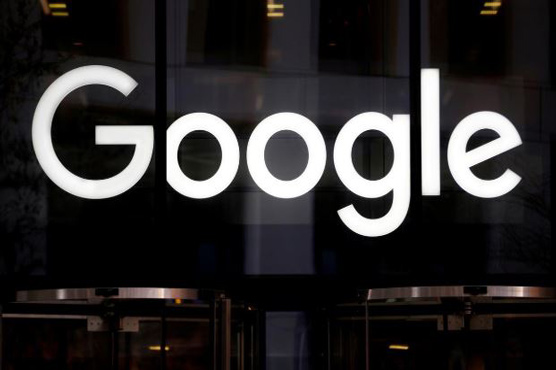Google flags higher ad rates in France, Spain after digital tax

France has collected the levy since 2019
PARIS (AFP) - Google has told customers that it will raise the rates for advertisements on its French and Spanish platforms by two percent from May to help offset the impact of a digital tax on profits.
France has collected the levy since 2019, and Spain since this year, under pressure from voters to make US tech giants pay a greater share of taxes in countries where they operate.
The ad rate increase is to "cover a part of the cost of conforming to laws concerning taxes on digital services in France and Spain," the internet giant said in an e-mail seen by AFP.
In France, internet companies with more than 750 million euros ($895 million) in worldwide sales, and 25 million in France, must pay a three percent tax on their French operations, notably advertising sales and marketplace operations.
Spain also charges a three-percent tax on some of their businesses.
Jean-Luc Chetrit, head of the Union des Marques, an alliance of major brands, said Google’s decision would "amputate the investment capacity of brands at a time when all companies are going through an unprecedented crisis."
Google did not respond to AFP’s requests for comment, but Karan Bhatia, its head of government affairs, warned in February that "Taxes on digital services complicate efforts to reach a balanced agreement that works for all countries."
"We urge these governments to reconsider what are essentially tariffs, or at least suspend them while negotiations continue," he said.
Google as well as Apple, Facebook and Amazon -- grouped together as "GAFA" -- are in the crosshairs of European governments that accuse them of exploiting common market rules to declare all profits in the bloc in low-tax jurisdictions such as Ireland or Luxembourg.
Critics say they are depriving national tax authorities of millions of euros even as they profit from a surge in online activities because of home-working and social distancing rules during the Covid-19 crisis.
The companies counter that they are being unfairly targeted by discriminatory levies.
- Global deal? -
Amazon had already responded to the French tax last October by raising the rates it charges France-based marketplace sellers by three percent.
Apple followed suit by raising the commission it charges developers who sell apps on its platform not only in France, but also in Italy and Britain.
The French tax move on global digital companies made it a pioneer in the struggle to find a fair fiscal system for internet multinationals whose tax bill is often tiny compared to their income.
Contacted by AFP, Facebook said it had no plans to raise prices for ads in France or Spain for now as it waited for a global accord on fiscal rules.
The French tax brought in 400 million euros to government coffers in 2019, and the government applied the levy again last year despite pressure from the Trump administration to drop it.
With President Joe Biden in the White House, the Organization for Economic Cooperation and Development (OECD) -- which is overseeing negotiations on a digital tax -- has said it hopes a G20 finance ministers’ meeting in July will hammer out an agreement on the issue.
Last month, the new US Treasury Secretary, Janet Yellen, said Washington would no longer insist on a "safe harbour" clause that would effectively make participation in a global tax scheme optional, removing a key sticking point with EU officials.

